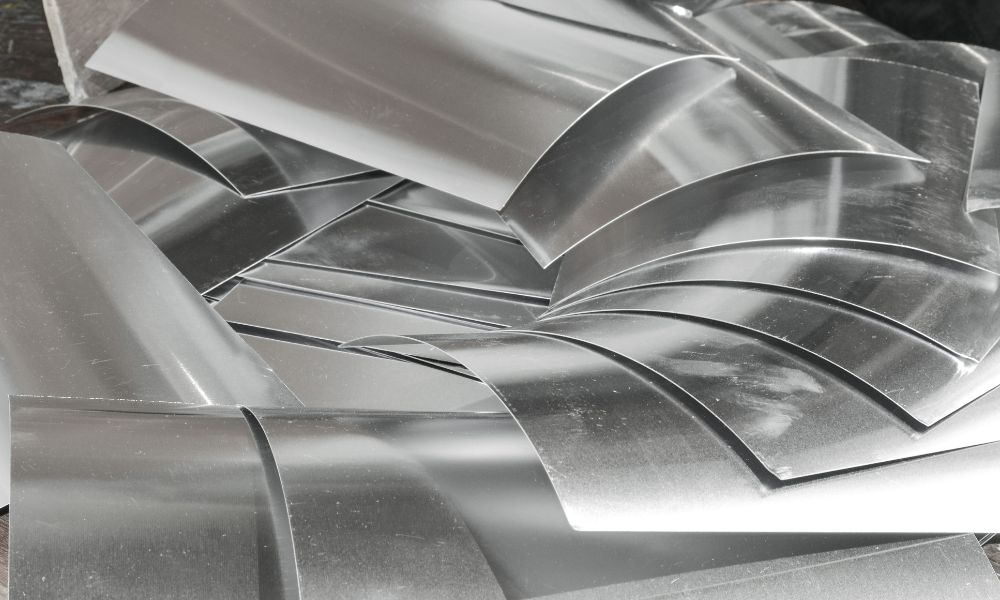Is Stainless Steel Magnetic? What You Should Know

Stainless steel, a ubiquitous material in modern society, often raises intriguing questions. One such question is whether stainless steel is magnetic. The answer isn’t as straightforward as you might expect—here’s what you should know about whether stainless steel is magnetic.
Stainless Steel Properties
The magnetic properties of stainless steel are determined by its composition. The two primary categories of stainless steel are austenitic and ferritic. Ferritic stainless steel, made primarily of iron and chromium, is inherently magnetic. On the other hand, austenitic stainless steel, comprised of iron, chromium, nickel, and other elements, generally lacks magnetic properties.
The Manufacturing Process
Beyond the type of stainless steel, the material’s manufacturing process can influence its magnetism. For instance, austenitic stainless steel can become partially magnetic if it undergoes a process called cold working, where the steel is shaped at room temperature. This process alters the composition of the steel, leading to an increase in magnetism.
Crystal Structure
The crystal structure of stainless steel can determine its magnetic properties. Austenitic stainless steel has a face-centered cubic crystal structure that generally renders it non-magnetic. On the other hand, ferritic stainless steel, with a body-centered cubic crystal structure, naturally exhibits magnetism.
Applications
Knowing whether stainless steel is magnetic is essential in many applications. For instance, in the food industry, magnetic stainless steel can be handy for removing metal contaminants from food products. You may also require stainless steel with no magnetic qualities, depending on the end use.
Stainless Steel vs. Other Metals
Compared to other metals, stainless steel—particularly austenitic stainless steel—has high corrosion resistance, making it preferable in environments that demand durability and longevity.
For specific applications, custom stainless steel blanks provide a solution tailored to your unique needs. Whether you require a certain level of magnetism or not, these blanks can be made with the precise type and grade of stainless steel that fits your requirements. They offer the flexibility of customization, allowing you to determine the dimensions, shape, and composition necessary, thus ensuring the desired magnetic properties for its intended use.
Now that you know whether stainless steel is magnetic and the factors that influence its magnetism, you’re better equipped to make informed decisions for your next project.
